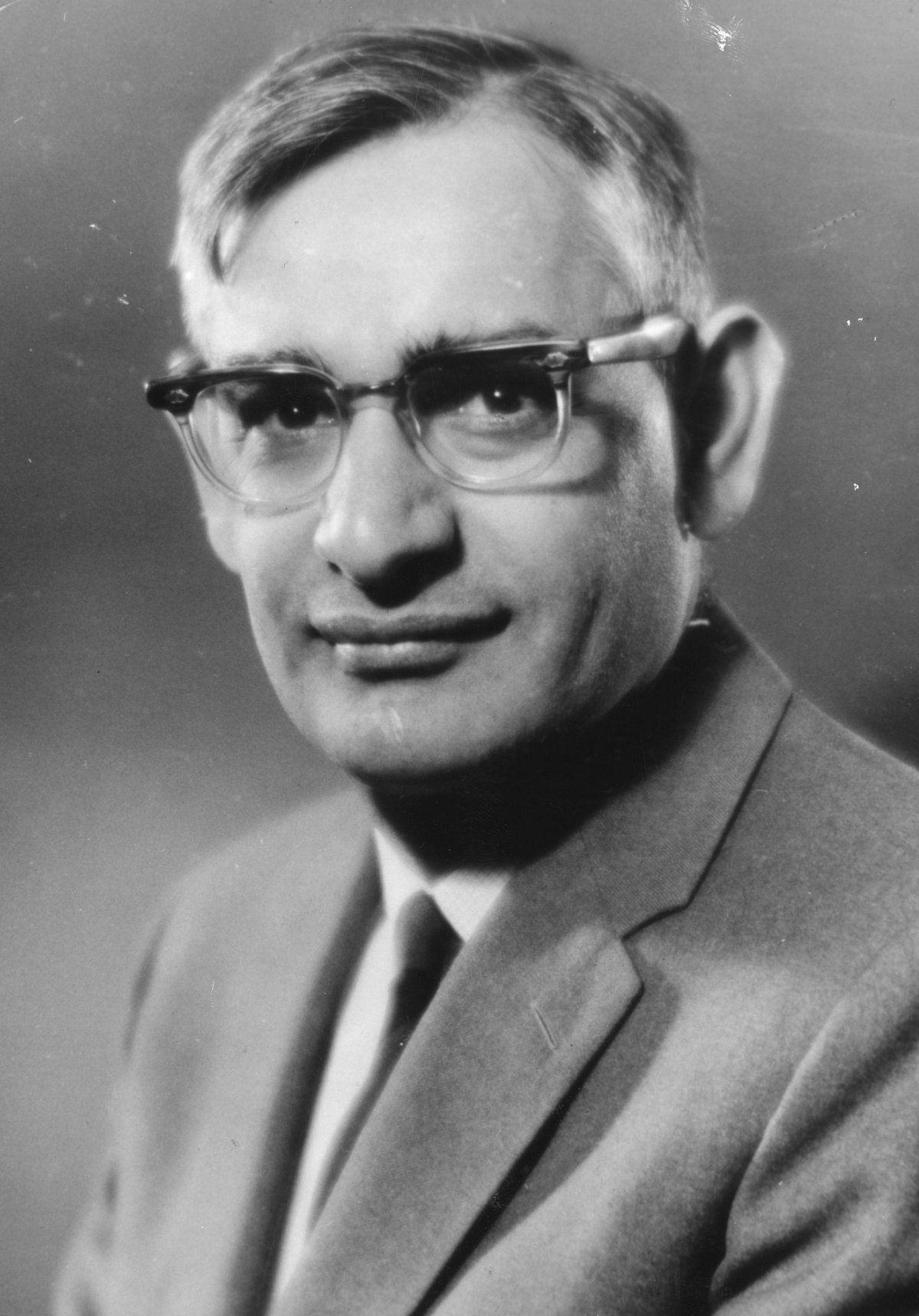
Har Gobind Khorana was honored in Tuesday's Google Doodle for his work in interpreting the genetic code, which ultimately won him the 1968 Nobel Prize in physiology or medicine.
The 1968 prize was shared with Robert Holley and Marshall Nirenberg "for their interpretation of the genetic code and its function in protein synthesis." The three scientists separately mapped out the information that is stored in DNA and transcribed it into RNA, which helps better understand proteins, reported Vox.
Tuesday would have been the Indian-American biochemist's 96th birthday, or so we think. January 9, 1922, is the formal birthday shown in his documents, though the correct date is unknown.

Khorana was born in the small village of Raipur, which is now a part of eastern Pakistan. His family was the only literate one in the village, which had a mere 100 people. He received his bachelor's and master's degrees from Punjab University. He lived in India until 1945, when he went to England to earn a Ph.D. at the University of Liverpool. From there, his research took him to Switzerland, where he spent a postdoctoral year at the Eidgenössische Technische Hochschule in Zurich. This was also where he met his wife, who was of Swiss origin.
He returned to England and stayed in Cambridge from 1950 through 1952, where he worked with George Wallace Kenner Lord Alexander R. Todd, the 1957 Nobel Prize winner in chemistry. This time period was when he specifically developed his interest in proteins and nucleic acids. He then moved across the Atlantic to work at the British Columbia Research Council in Vancouver, where he worked for several years. By 1960, he moved to University of Wisconsin's Institute for Enzyme Research, eventually becoming a naturalized citizen of the United States in 1966. Wisconsin was where he completed his work that resulted in his Nobel Prize, according to The New York Times. His lab in Wisconsin included scientists from 27 countries across expertise in chemistry, molecular biology, enzymology and biochemistry. From 1970 to 2007, Khorana was a faculty member at the Massachusetts Institute of Technology as the Alfred P. Sloan biology and chemistry professor.
He was married in 1952 to a Swiss woman named Esther Elizabeth Sibler, and the couple had three children, Julia Elizabeth, Emily Anne and Dave Roy. His wife died in 2011, and their daughter much sooner in 1979. Khorana died on November 9, 2011, at 89 years old.
Uncommon Knowledge
Newsweek is committed to challenging conventional wisdom and finding connections in the search for common ground.
Newsweek is committed to challenging conventional wisdom and finding connections in the search for common ground.
About the writer
Sydney Pereira is a science writer, focusing on the environment and climate. You can reach her at s.pereira@newsweekgroup.com.
To read how Newsweek uses AI as a newsroom tool, Click here.








